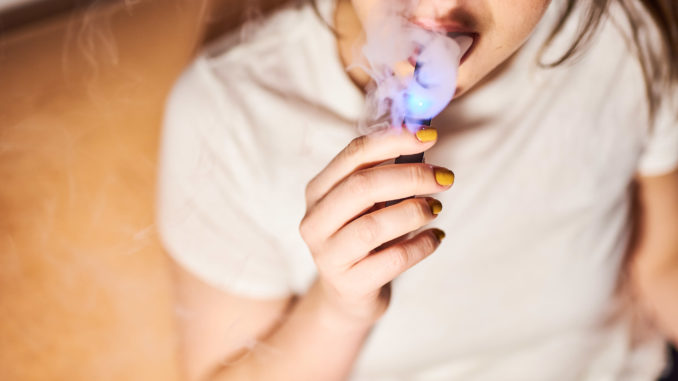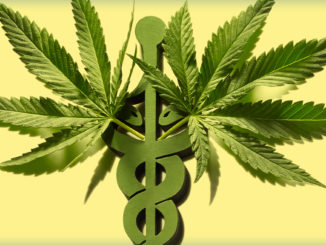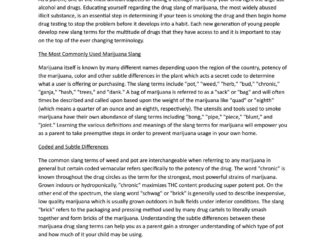
While our country continues to be plagued with the opiate crisis, there exists another dangerous drug that is falling into the hands of our children at a rapid pace: synthetic marijuana. A harmful message is sent to our younger generation as states pass the legalization of marijuana, offering it as a safe and harmless drug. The problem worsens when our young people believe synthetic marijuana is the same as natural marijuana. They do not realize nothing could be further from the truth. Young people across the country are becoming critically ill and dying after using synthetic marijuana, even after their first time using it.
Synthetic marijuana is commonly referred to as “Spice” or “K2” and is a mixture of herbs and spices. These spices have been sprayed with a synthetic compound chemically similar to THC, which is the psychoactive ingredient in marijuana. The chemical compounds typically include HU-210, HU-211, JWH-018, and JWH-073, but there are hundreds more as chemists “tweak” the formula in an attempt to stay ahead of the law.(1)
Users and sellers should know that “tweaking” the chemical make-up of a drug is still illegal. The altered substance may be a new formula, also known as an analogue, but it contains similar chemical compounds to those that are banned and therefore still illegal under the Federal Analogue Act, 21 U.S.C., Section 813. An analogue of a drug is a created variation which is chemically or pharmacologically similar to an original or created formula (another existing analogue.) A controlled substance analogue shall, to the extent intended for human consumption, be treated for the purposes of any Federal law, as a controlled substance in schedule I. (2). The majority of states have also implemented analogue state laws to combat the abuse and sale of synthetic drugs, in addition to the existing Federal regulations.
Synthetic marijuana is commonly purchased in head shops, tobacco shops, gas stations, and over the Internet. It is often marketed as incense or “fake weed” and the packaging is labeled “Not for Human Consumption.” The synthetic marijuana chemists erroneously believe selling the product as incense or potpourri will protect them from federal prosecution. Synthetic marijuana street names include Bliss, Black Mamba, Bombay Blue, Fake Weed, Genie, Mojo, Scooby Snax, Spice, Zohai and many others.
The chemists who produce these synthetic cannabinoids do so by spraying chemicals on shredded plant and herb material. As a result of the reactions between the chemicals and herb materials, some synthetic cannabinoids can be up to 100X more potent than natural THC. These chemicals are often not products ever intended for human consumption and undiluted, many would be lethal. The use of these chemicals results in a significant number of dangers and negative side effects including high blood pressure, blurred vision, heart attack, vomiting, seizures, hallucinations, severe anxiety, paranoia, violent behavior and death. (3)
Synthetic marijuana is typically sold in a colorful pack containing a dehydrated green or brown plant material. However, as “vaping” and the use of e-cigarettes utilizing liquid variations of tobacco substitutes increases in popularity, an increase in marketing of liquid forms of synthetic marijuana has been noticed. Internet sites sell liquids to be vaporized and inhaled in e-cigarettes and other devices, which are other forms of synthetic marijuana.
Parents should monitor their children’s behavior and have conversations with their children about the dangers of synthetic drugs. Regardless of the legality issues involving natural and synthetic marijuana, the statistics show marijuana is the most highly abused drug among teens and is a gateway drug to addiction of street and prescription drugs later on, including heroin. Parents and educators should monitor their children when making any online purchases, or buying items from local small shops. Some stores may keep the synthetic marijuana out of sight to avoid law enforcement, but still offer to sell it from behind the counter. When confronted, if a child or student possesses a package labeled “Not for Human Consumption”, the substance should be seized and turned over to the local authorities. The dangers of synthetic drug use cannot be overstated to children and other potential users.
Proudly WWW.PONIREVO.COM



